2-Day: Certified Addictions-Informed Mental Health Professional: A Trauma-Focused Certification Course with J. Eric Gentry
Description
2-Day: Certified Addictions-Informed Mental Health Professional: A Trauma-Focused Certification Course with J. Eric Gentry
For clinicians working with clients who also abuse substances or suffer from process addictions, treatment can be really hard. If you are like many clinicians, you don’t feel able or willing to work with addictions.
Yet it doesn’t need to be. And it shouldn’t keep you from engaging the client in their overall healing.
Studies now show the connection and interplay of addiction and trauma – plus anxiety, mood disorders, and insomnia.
You can evoke change in all your clients to promote healthier coping and self-soothing skills besides substance use or process addictions.
But first, you need to master the current evidence-based practices from the worlds of both Addictions treatment and Trauma/PTSD interventions.
This Certified Addictions-Informed Mental Health Professional Training Course 2-day recording will transform your older practices when treating clients who use/abuse…clearing the path to true healing. Taught by an international trainer, clinician, AND recovery specialist Eric Gentry, PhD., you’ll receive all the following skills:
- Skills for assessing and diagnosing trauma/posttraumatic stress and addiction/substance abuse and dependence.
- Simplified treatment planning, monitoring, and measurement instruments.
- Skills for developing, enhancing and maintaining therapeutic relationships—the most potent factor for positive outcomes with this challenging population.
- A fresh perspective and utilization of the Polyvagal Theory (Porges) to both understand and treat both trauma and addiction simultaneously.
- Cutting-edge skills for developing and maintaining safety and stability with addicted survivors of trauma using cognitive, behavioral, somatic and relational approaches.
- Reframing “disease of addiction” as involuntary and unconscious posttraumatic patterns of self-defense where the survivor is chronically perceiving threat in contexts where there is little or no danger.
Read more: When Diets Don’t Work: 3 Steps to Transform Your Relationship with Food and Your Body
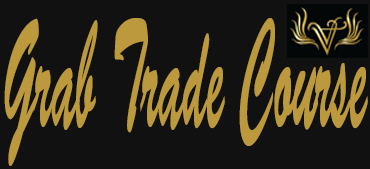
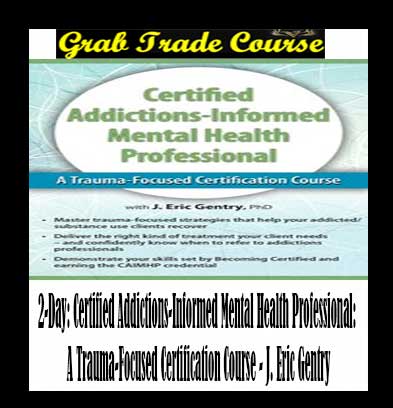
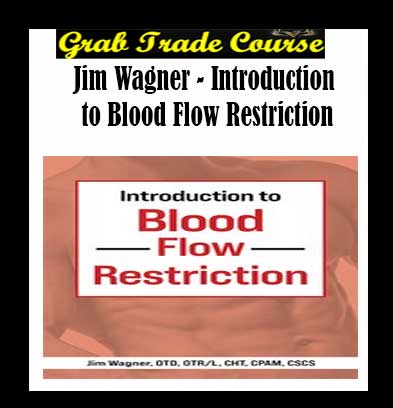

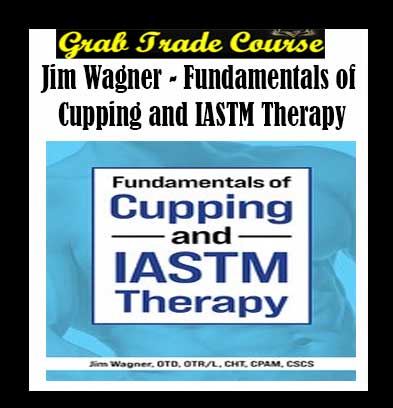
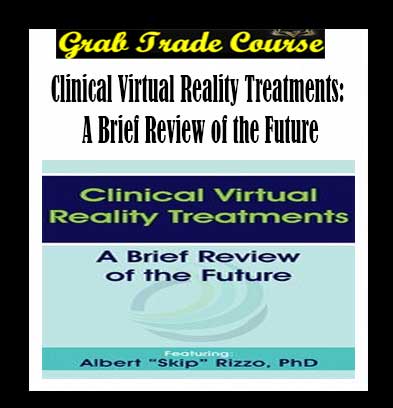



Reviews
There are no reviews yet.